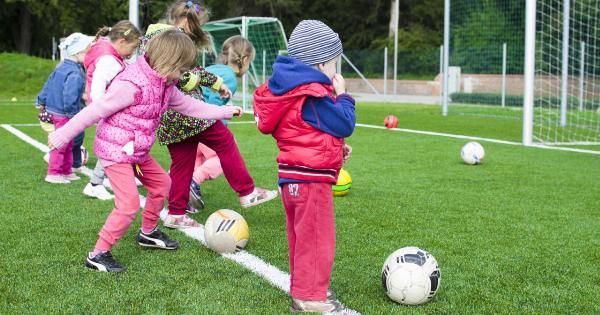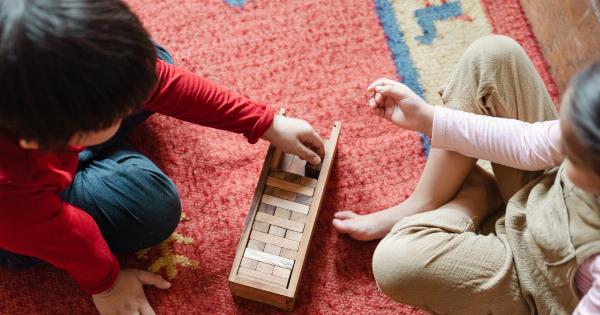Participation in sports is a fun, healthy, and beneficial activity for children, but it is also an essential part of their development.
In this article, we will explore the many reasons why sports are important for your child’s physical, mental, and social development.
Physical Development
One of the most obvious benefits of sports is physical development. Regular exercise through sports can improve your child’s fitness levels, coordination, and overall health.
When children engage in sports, they are developing their gross motor skills and fine motor skills. For instance, when your child plays soccer, they are kicking the ball with their feet and developing their leg muscles.
Similarly, if your child is playing basketball, they are jumping, running, and using their upper body strength to improve their game.
Sports activities also encourage children to maintain an active lifestyle, which is essential for leading a healthy life. When children regularly engage in physical activity, they are less likely to become overweight or obese.
Exercise improves bone density, enhances cardiovascular health, and can improve mental health by reducing stress levels.
Mental Development
While physical development is essential, sports also offer numerous mental benefits for children. Firstly, sports can help your child improve their concentration.
As they engage in sports activities, they learn to focus on the task at hand and avoid distractions. That developed concentration can then be used in other areas of their lives, such as when studying or doing homework.
Furthermore, sports can help your child build self-confidence and self-esteem. When children participate in sports and achieve success, their accomplishments boost their self-esteem and self-worth.
Learning new skills and techniques can also make children feel more confident and allow them to tackle new challenges with ease.
Sports also encourage children to develop resilience and perseverance, skills that can translate to other areas of their lives as well.
Learning how to lose with grace and bounce back stronger after a defeat can instill essential life skills in children that they will use throughout their lives.
Social Development
Sports offers children the opportunity to socialize with other children. As your child engages in sports, they meet other children who share their passion and enthusiasm.
This meeting usually develops into a friendship that can have benefits outside the sport. During the game, children learn to cooperate with one another and respect each other’s skills. Also to this, participating in a team sport can teach your child valuable leadership skills as they learn to support and motivate their teammates.
Additionally, sports provide children the opportunity to learn about social rules, such as fair competition, respect for others, and how to play by the rules.
In line with these rules, your child learns to respect their opponents, develops empathy, and learns how to communicate effectively with others, essential skills for their social development.
Conclusion
Sports have many benefits for children; developing their physical, mental, and social skills.
Encouraging your child to participate in sports from a young age facilitates the acquisition of essential life skills, and as children grow, the benefits of these skills become more apparent. While physical development is the most evident of these benefits, children’s mental and social development can also be enhanced through sports, helping them become well-rounded and socially adapted adults in the long run.




























